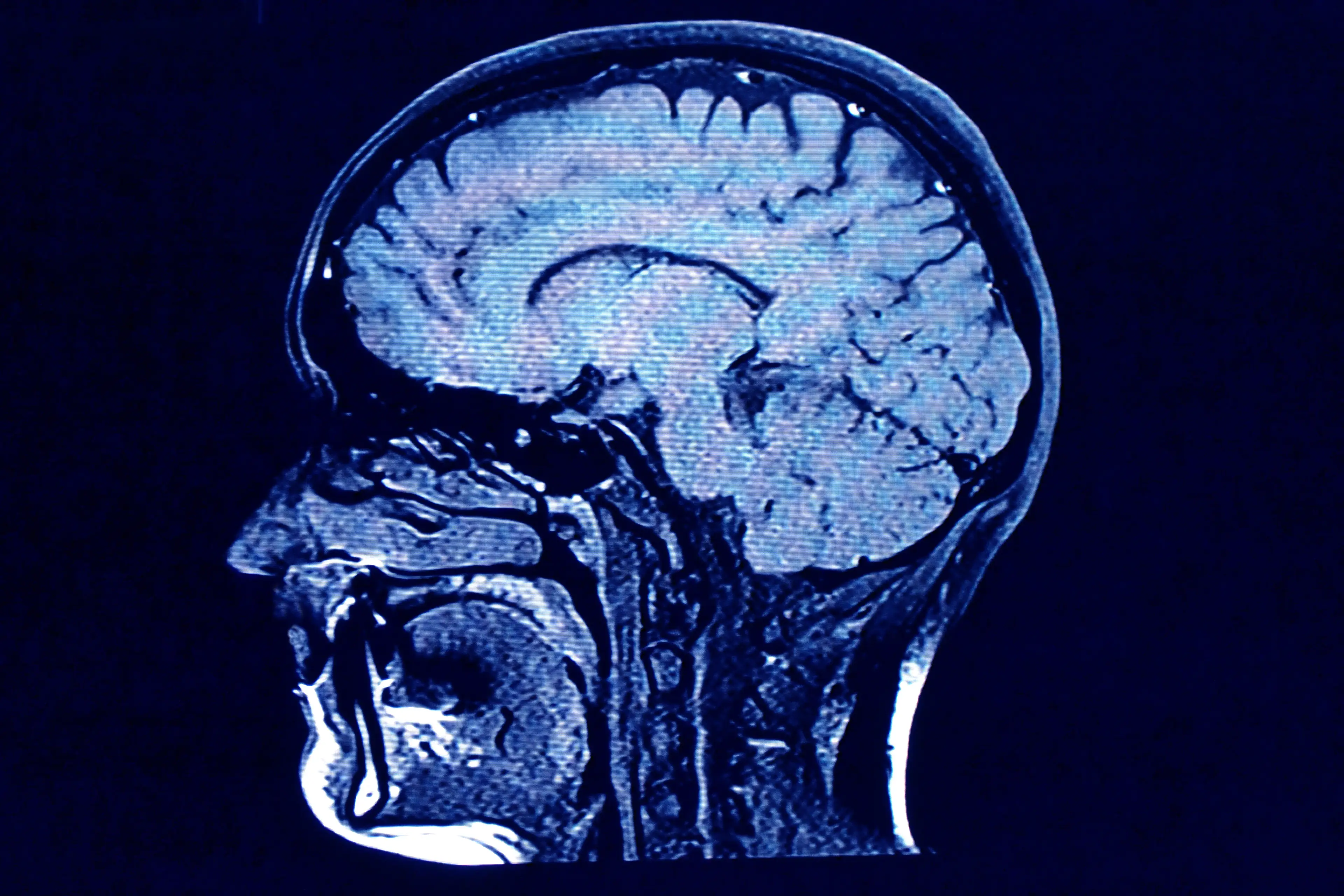
It might sound like something out of a sci-fi horror flick but it's true that South Korean scientists have actually developed the world’s first remote device that can control human minds.
They recently revealed a groundbreaking new device that will make mind control a reality, but before we all panic, the scientists behind the remote reckon it could have a very good use.
According to researchers, it could help to shed more light on how our brains work and could even be used to treat neurological disorders.

Advert
The new “long range” and “large volume” hardware has been developed by experts at Korea’s Institute for Basic Science (IBS).
They say that it has the ability to manipulate the brain using magnetic fields.
The device has been dubbed as the Nano-Magnetogenetic Interface for NeuroDynamics or Nanon-MIND and it’s hoped that people will be treated using it from a distance.
The new tech will help to give us a better understanding of some of the brain functions, including emotion, social behavior and cognition.

In a statement, director Cheon Jinwoo from South Korea’s Center for Nanomedicine said: “This is the world’s first technology to freely control specific brain regions using magnetic fields.
“We expect it to be widely used in research to understand brain functions, sophisticated artificial neural networks, two-way brain-computer interface technologies, and new treatments for neurological disorders.”
According to IBS, the human contains over 100 billion neurons interconnected in a complex network and the device will be able to control the neural circuits that are crucial for understanding higher brain functions as well as identifying the causes of various brain disorders.
The team have tested out the new technology on mice, purposely analyzing non-maternal rodents.

They then selectively targeted the parts of the brain that are known to kickstart maternal behavior.
As a result, the mice showed a significant increase in maternal and nurturing behaviors.
And that’s not all, the researchers also looked into how it could impact feeding behaviors by targeting receptors in the part of the brain that controls motivation.
The mice all exhibited a 100% increase in appetite after this.
But don’t lose over it just yet, in order for someone to remotely control your brain using the device, they’ll need access to magnetized nanoparticles and close-range magnetic field equipment.
Still, it’s pretty cool that one day neurological disorders could be treated with a spot of futuristic mind control.